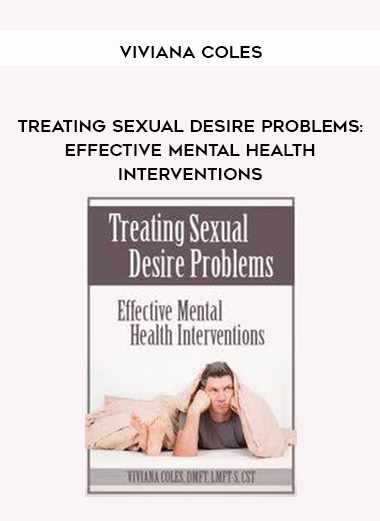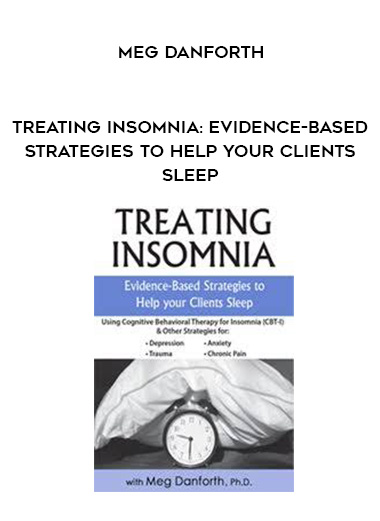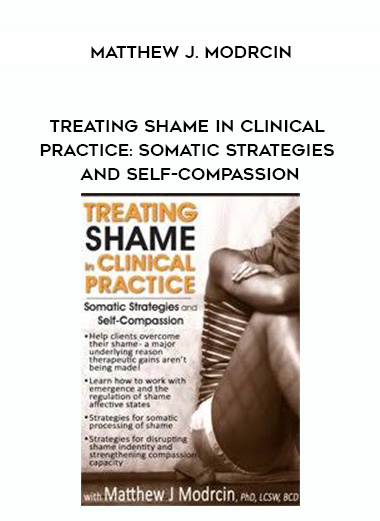TREATING SEXUAL DESIRE PROBLEMS: EFFECTIVE MENTAL HEALTH INTERVENTIONS – VIVIANA COLES
Many therapists have minimal, if any, training on sexual issues that clients are struggling with, and some clients may feel shame or embarrassment even bringing these issues up in therapy. Whether your clientele includes individuals, couples, or both populations, sexual issues are a prevalent concern for many clients. How can a therapist who is not a sex therapist open the door to talk about sexual desire issues?
Discover how to assess for low sexual desire in individuals and desire discrepancy in relationships. Participants will explore the most common treatment methods for problematic sexual desire discrepancy and how to educate clients on human sexual response cycles. Dr. Viviana Coles will share some of the evidence-based treatment methods from the Texas Sex Therapy Institute’s certification program and how clinicians can apply this methodology to their own clients. Participants will leave able to confidently treat clients experiencing problematic sexual issues to help them to experience a healthier and more fulfilling sex life.
- Define clinically low sexual desire in clients of all genders
- Examine the most common human sexual response cycle theories as they relate to case conceptualization
- Analyze clinical assessment techniques for low sexual desire in clients
- Explain the causes of low sexual desire in clients, and determine how this informs the client’s choice of intervention
- Describe three case studies depicting the problematic sexual desire discrepancy in clients
- Apply a variety of treatments for low sexual desire in romantic relationship in clients
GET TREATING SEXUAL DESIRE PROBLEMS: EFFECTIVE MENTAL HEALTH INTERVENTIONS OF AUTHOR VIVIANA COLES
UNDERSTANDING DESIRE
- DSM-5®
- Female Sexual Interest-Arousal Disorder
- Male Hypoactive Sexual Desire Disorder
- DSM-IV-TR®
- Turn-ons
- Brain chemistry and functioning
CLINICAL APPLICATIONS OF HUMAN SEXUAL RESPONSE CYCLE THEORIES
- Quadriphasic Sexual Response Cycle
- Excitement
- Plateau
- Orgasm
- Resolution
- Triphasic Sexual Response Cycle
- Desire
- Arousal
- Orgasm
- Circular Sexual Response Cycle
- Desire
- Excitement
- Plateau
- Orgasm
- Resolution
- Seduction, Sensations, Surrender, Reflections
HOW TO ASSESS FOR LOW SEXUAL DESIRE
- Questionnaire
- Screening tools
- Arizona Sexual Experience Scale (ASEX)
- Changes in Sexual Functioning Questionnaire (CSFQ)
- Client Interview
CAUSES OF LOW DESIRE
- Psychological
- Early childhood
- Adolescence
- Early adulthood
- Sexual trauma
- Physical distrust
- Sexual Aversion Disorder
- Relational
- Former relationship
- Current partner
- Physiological
- Medical
- Substance-Induced
- Stress-related
“WANTING TO WANT TO”- CASE STUDIES
- Couple 1
- Couple 2
- Couple 3
TREATMENT OPTIONS
- Physiological
- Medical
- Healthy living
- Psychological
- Target clinical audience
- Issues that may come up during treatment
- Frustration/Pressure
- Guilt/Shame
- Backsliding




